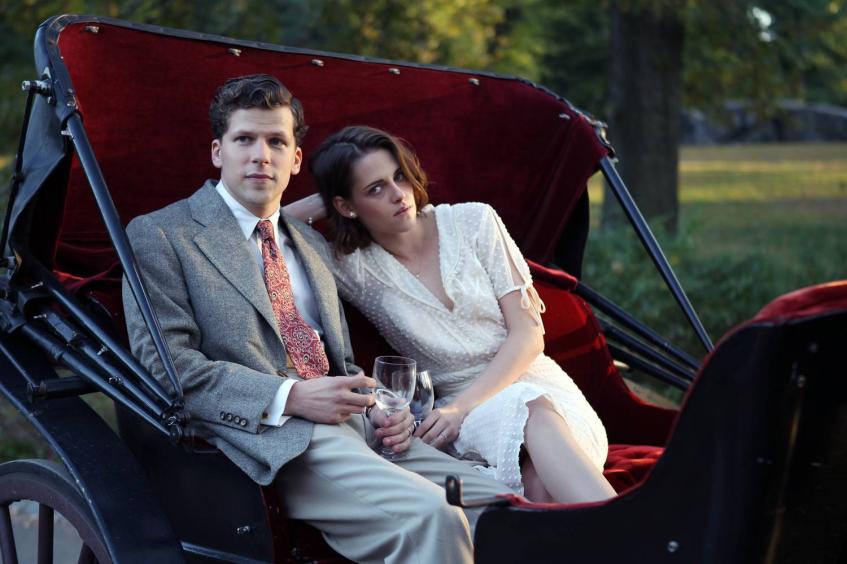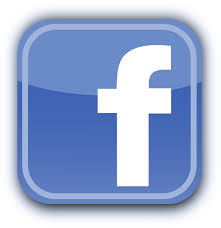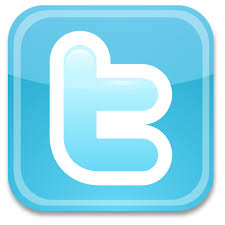
 A rare Woody Allen (Irrational Man,
Magic in the Moonlight) film set mainly in Los Angeles, though the cast
mainly features Jewish characters either from or currently living in
his old stomping grounds of New York, Cafe Society has a
different look and vibe than we've seen before from the prolific
veteran auteur (he's working with a different cinematographer in
Vittorio Storaro (Bulworth,
Dick Tracy) , as well as his first film in digital), but, at its
core, it's yet another case of Allen exploring themes he's been
dealing with since he first began as a filmmaker nearly five decades
ago, especially in terms of themes of infidelity, and of successful
older married men having an inability to resist women of lesser age
and station.
A rare Woody Allen (Irrational Man,
Magic in the Moonlight) film set mainly in Los Angeles, though the cast
mainly features Jewish characters either from or currently living in
his old stomping grounds of New York, Cafe Society has a
different look and vibe than we've seen before from the prolific
veteran auteur (he's working with a different cinematographer in
Vittorio Storaro (Bulworth,
Dick Tracy) , as well as his first film in digital), but, at its
core, it's yet another case of Allen exploring themes he's been
dealing with since he first began as a filmmaker nearly five decades
ago, especially in terms of themes of infidelity, and of successful
older married men having an inability to resist women of lesser age
and station.
Set in the 1930s, Jesse Eisenberg (Batman
v Superman, American Ultra) stars as Bobby Dorfman, a young
Bronxite and aspiring writer who calls on his distant uncle Phil (Carell,
The Big Short) to
hook him up with a job in his top-flight talent agency in Hollywood.
Shortly after relocating, Phil sends his assistant, the decidedly
glamour-averse Vonnie (Stewart,
Anesthesia) , to show his young nephew around the town, and
the two soon hit it off as friends. However, friendship turns to
feelings for Bobby, but she says she's seeing someone else, though
Bobby doesn't know that her beau is, in fact, married uncle Phil.
However, when Phil looks like he can't quite pull the trigger and
leave his wife for Vonnie once and for all, Bobby gets his chance at
burgeoning love, though things get far more complicated when all of
the players begin putting the pieces of the love triangle's thorny
entanglements together.
The main issue with Cafe Society is that it features
characters who continuous profess feelings of affection and love for
one another, and yet, very little of what we see these actors see or
do makes us feel like they're truly invested in each other
emotionally, even when Allen is clearly going for moments of strong
passionate effect. A good part of this is because the characters
are either sketchily written, and what we do know of them doesn't
exactly endear us toward rooting them on to happiness. Also,
none of the on-screen pairings seems to work from a chemistry
standpoint, though Eisenberg and Stewart, who've now worked together
in three films, do share some natural comedic repartee.
Eisenberg already rings in his own trademark nebbish facial ticks and
quirky body mannerisms to be able to deliver Allen's dialogue without
seeming like an Allen replacement, while Stewart, though too
contemporary to feel like a natural 1930s woman, does have a fine
on-screen persona within the limited framework for her character,
though she isn't helped much by Allen's thin characterization to make
the decisions she makes within the story at all relatable.
Carrell, it should be noted, filled in for the originally cast
(supposedly due to scheduling conflicts, though rumored to be fired
due to unprofessional behavior) Bruce Willis during the production.
Woody Allen doesn't appear in the cast of actors, but he does narrate,
somewhat ambivalently, and curiously in a lifeless manner, as if done
at the last moment while sitting in the editing room wondering how to
tie all of his story threads together. He pads out his slight
idea for a story by piling on various side stories involving Bobby's
gangster brother Ben (Stoll, Black Mass)
and his roughhousing, as well as his older
sister, Evelyn (Lennick, A Serious Man), her intellectual husband Leonard
(Kunken, Bridge of Spies)
, and their inability
to find a way to get their rude neighbor to stop making their home
life a living hell. Much of the dialogue is peppered with
non-stop name-dropping about stars of the era, none of which are ever
represented on the screen to draw us in to its authenticity
(characters are constantly told that <insert golden-age Tinseltown
celeb name here> is around somewhere, presumably milling about).
You'd never know that the rest of the country is actually in the
throes of the Great Depression, which further alienates us to the
character sympathy in regards to selfish and egotistical people who
aspire to live the high life without regard for others, and it also
doesn't help that the lighthearted and occasionally quippy film is
devoid of solid laughs.
As a nostalgia piece, it's a nice looking feature in terms of gorgeous
costumes and opulent set design (though its dependence on just a
handful of locales speaks to the very limited budget), and the
soundtrack of old jazz standards, which is an Allen staple, does give
the tempo some buoyancy. However, as we don't believe the
romance and, as presented, feel a bit uneasy about the cavalier ease
by which these characters enter in and out of relationships while
still already in committed partnerships with those who don't deserve
such treatment, Cafe Society fails in its quest to make us
care about them. While it isn't entirely unwatchable, the
narrative's competing story arcs fail to properly congeal and the
entire production ends up feeling pointless. I'd put this in my bottom
five when ranking Woody Allen's work.
Qwipster's rating
:







©2016 Vince Leo

 A rare Woody Allen (
A rare Woody Allen (